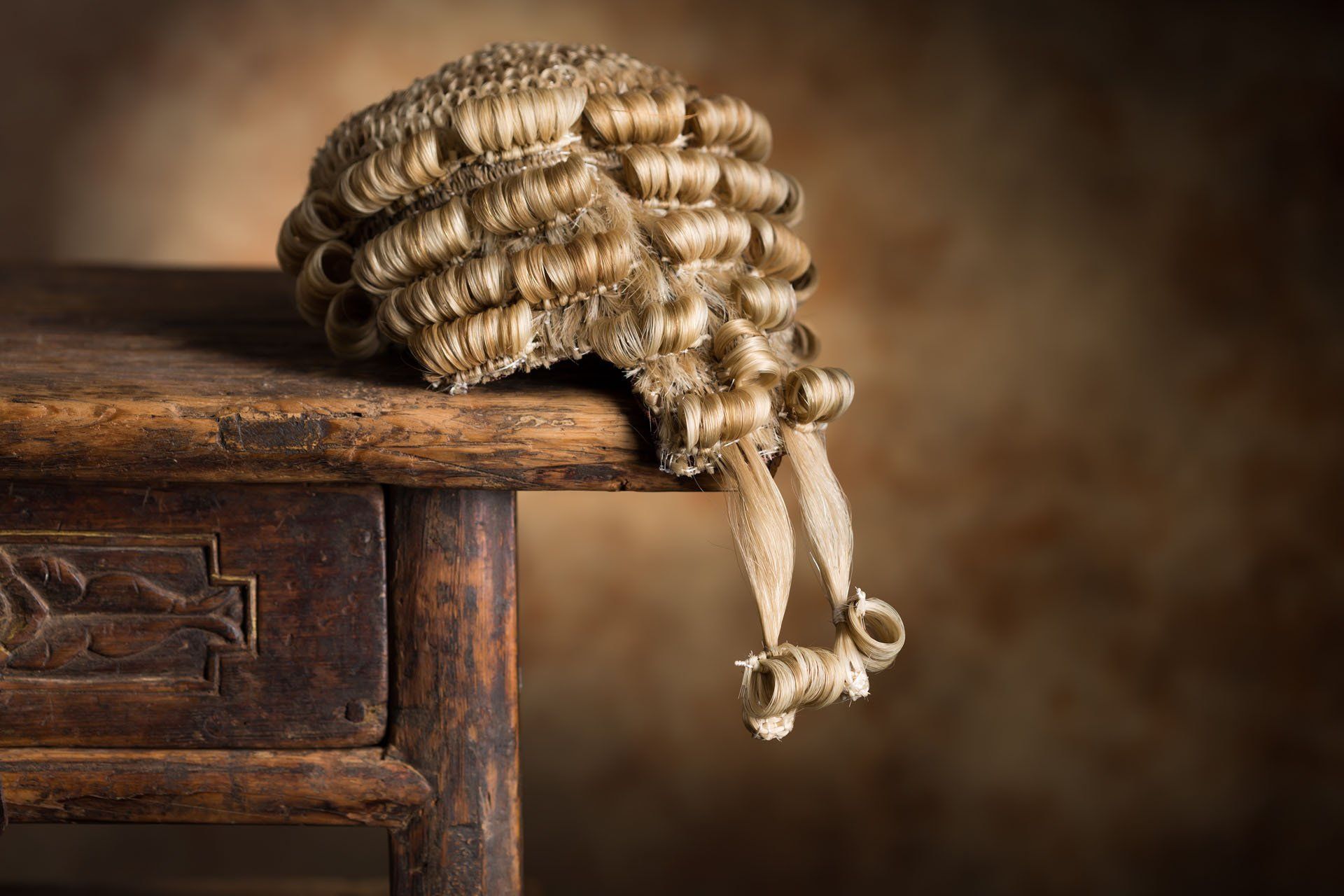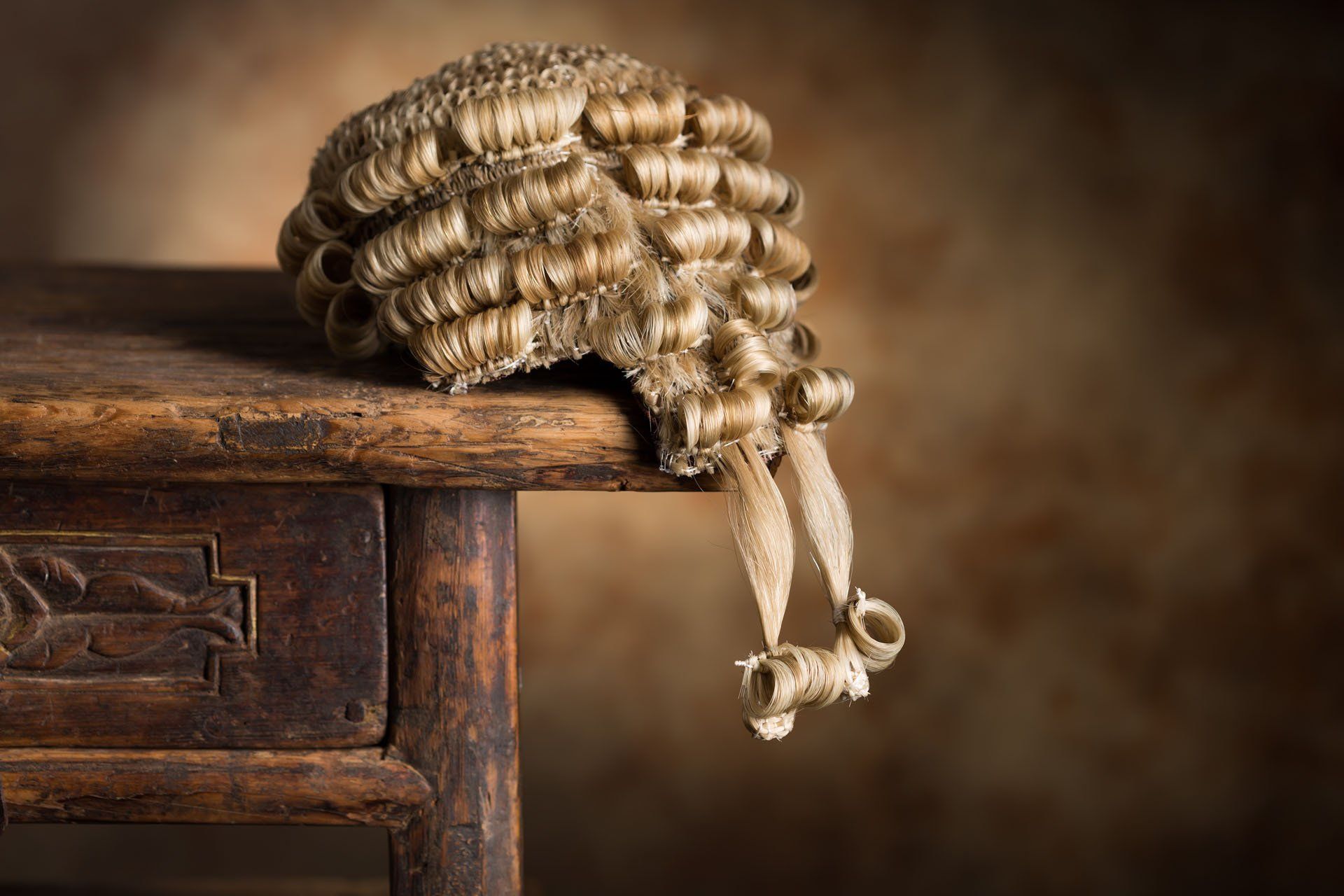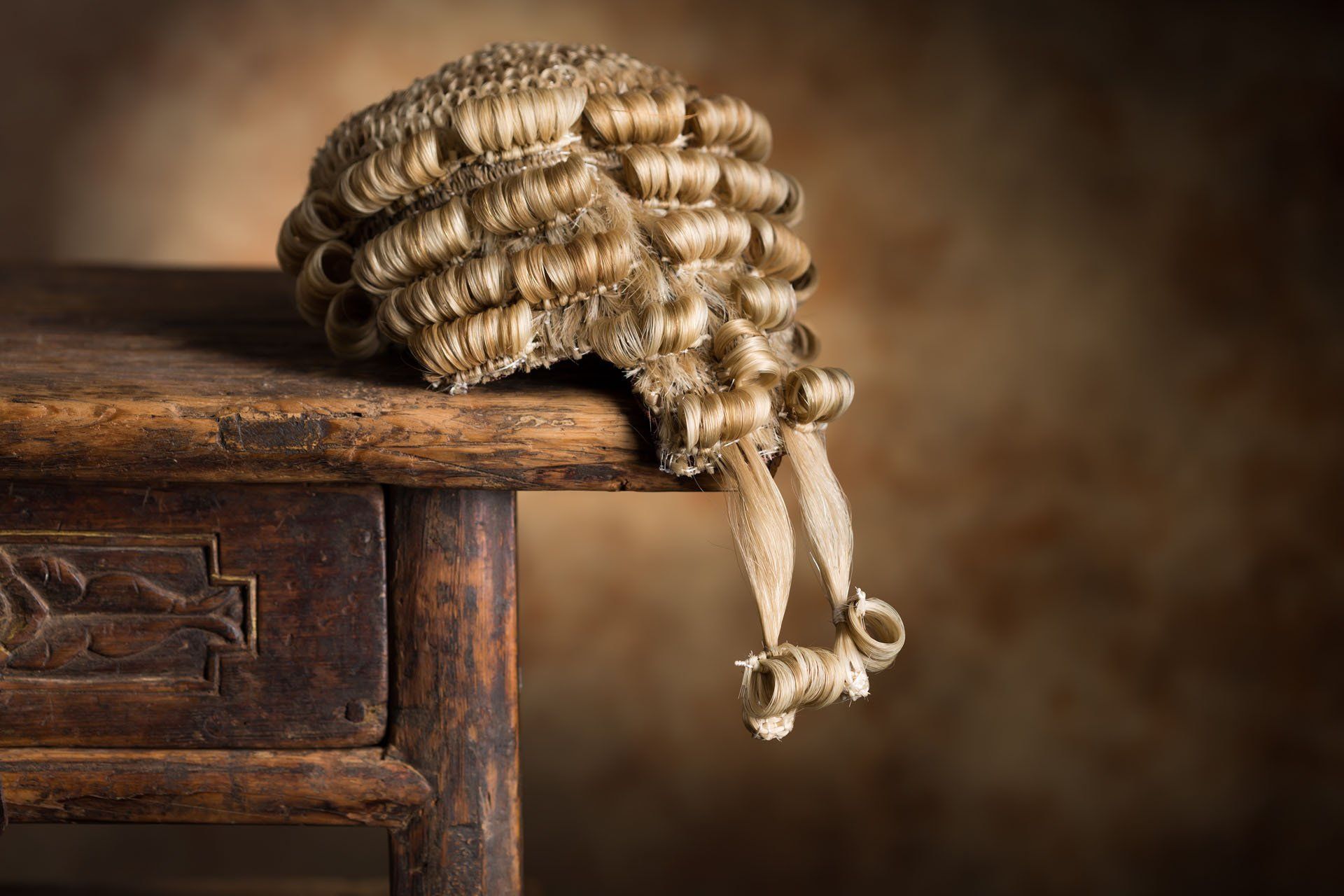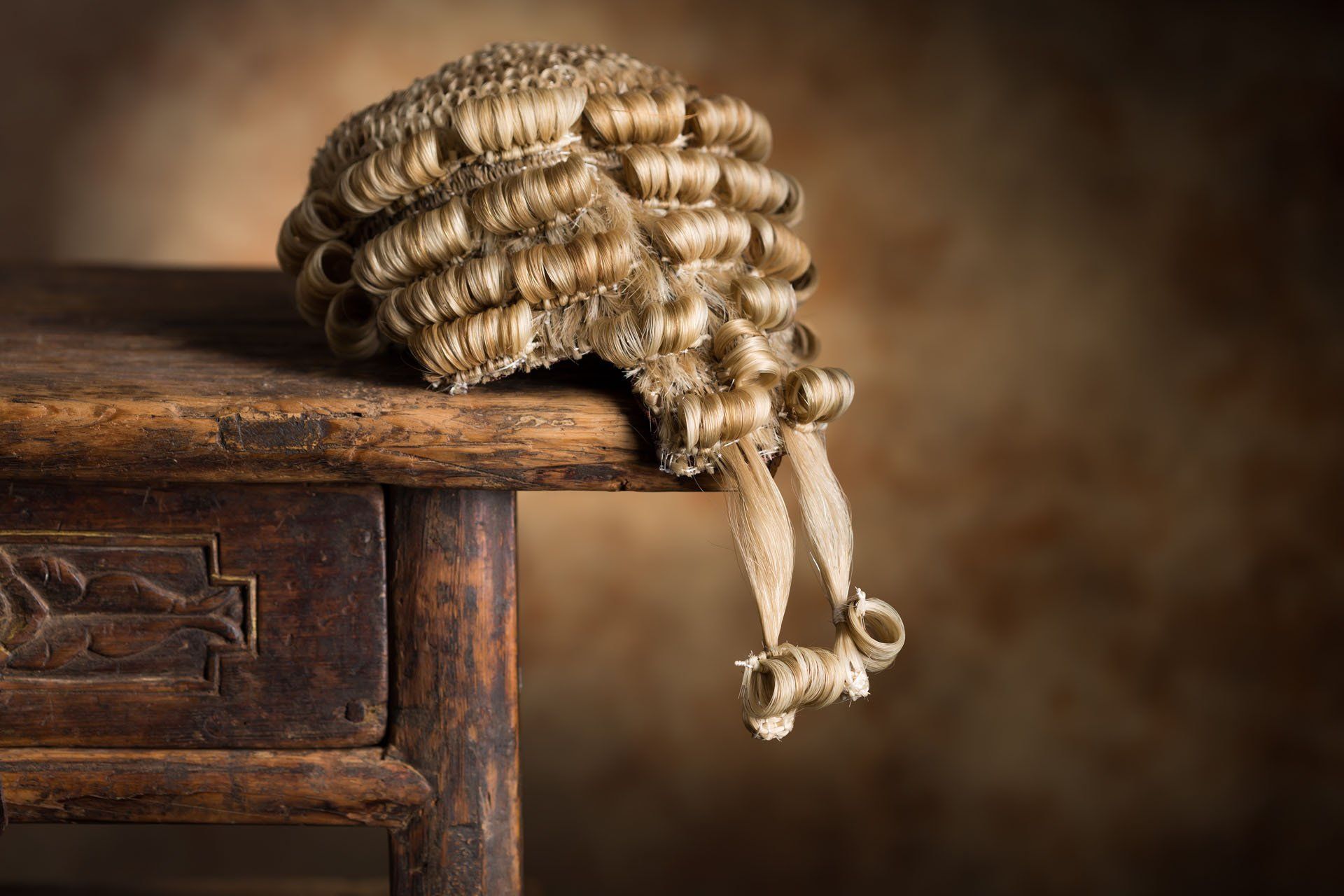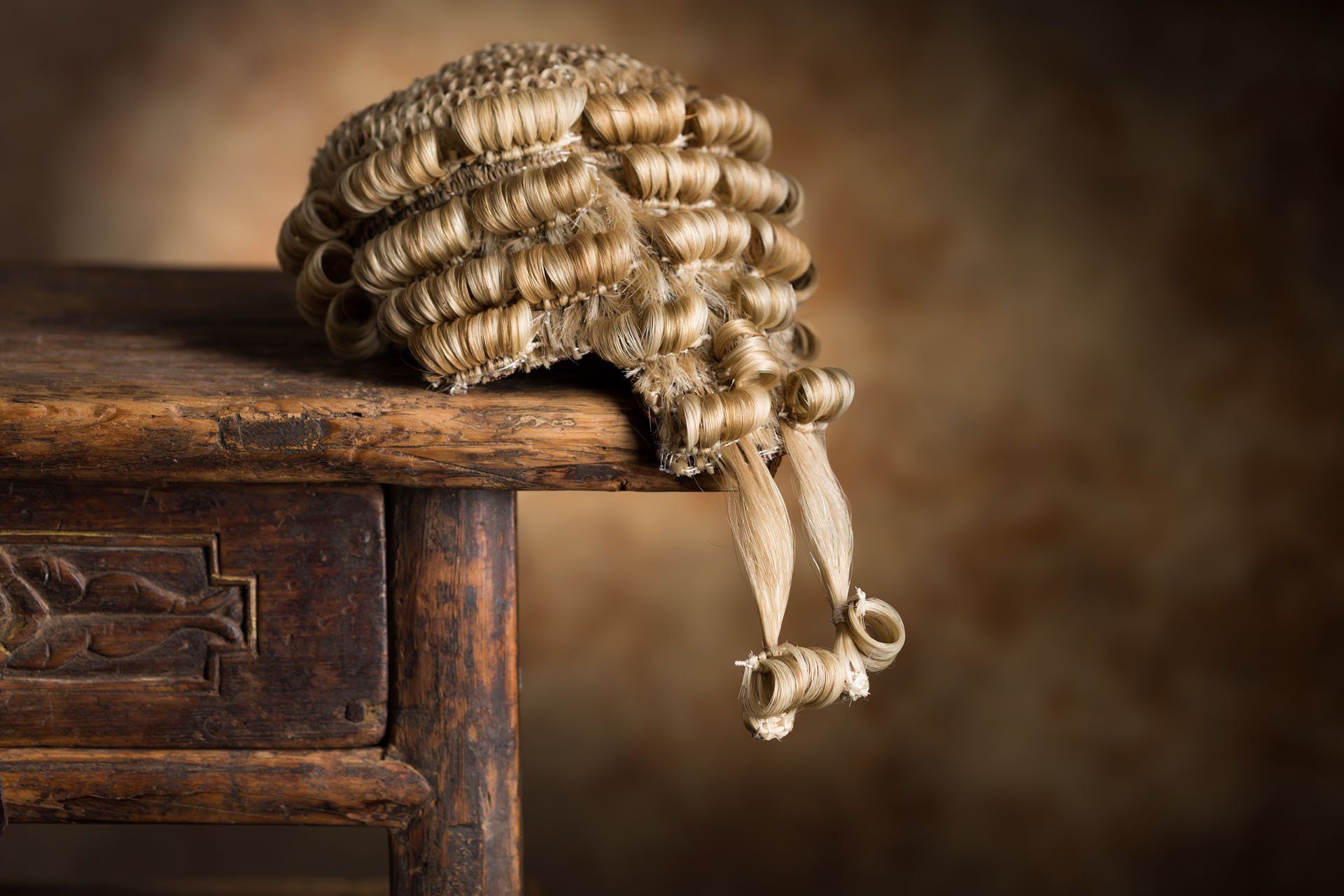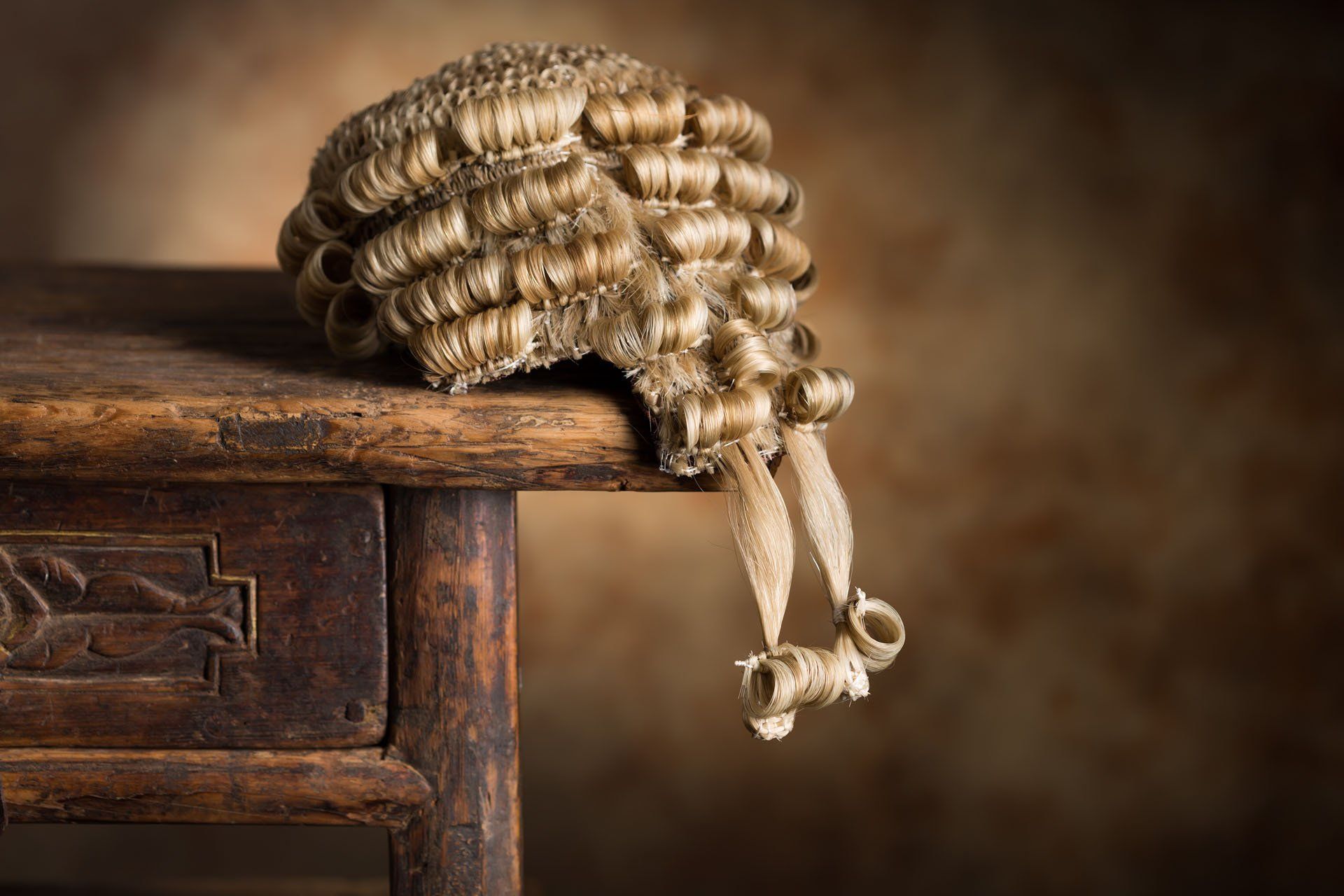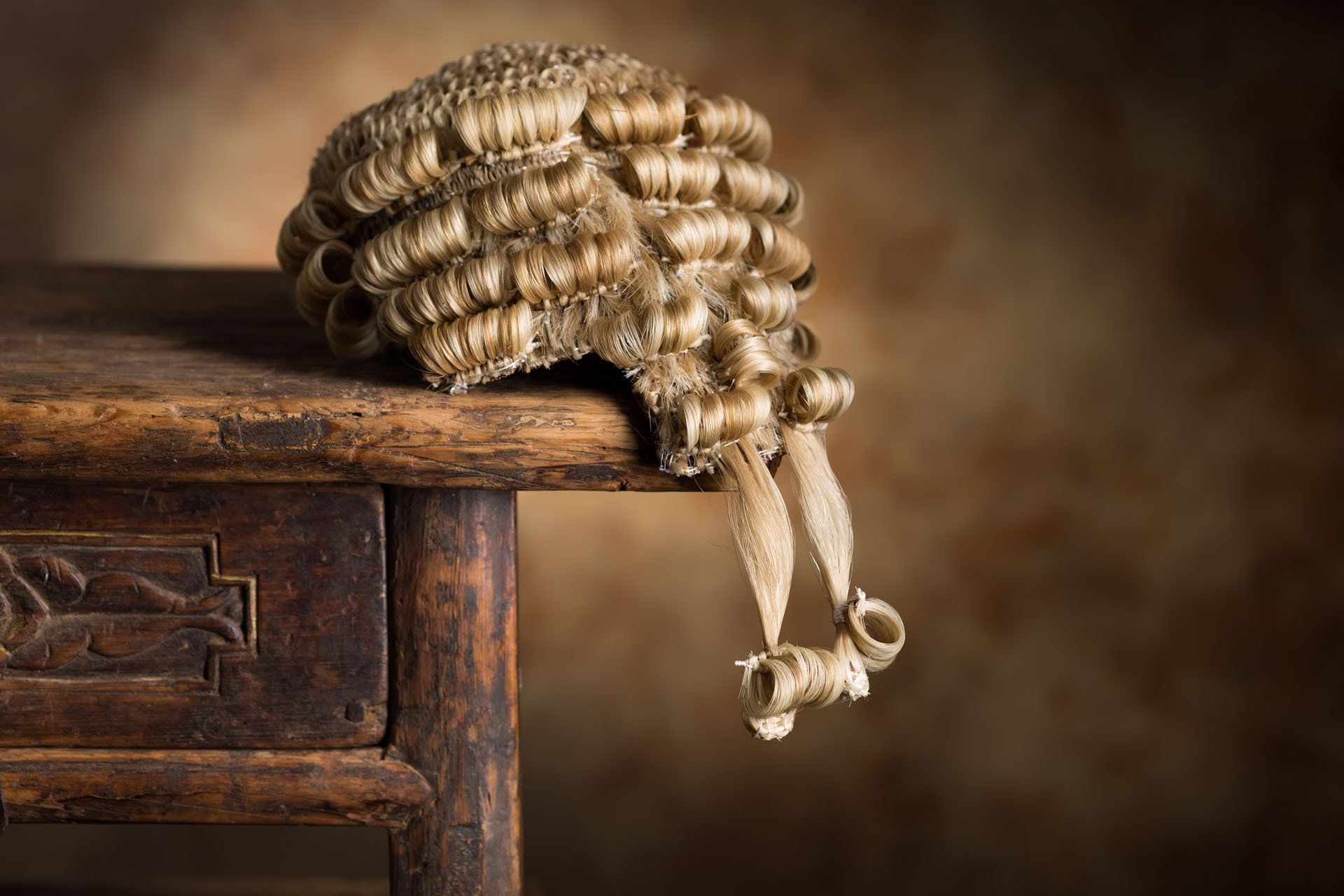Uncovering The Complexities of a VAT Investigation | What To Expect
VAT Investigation - A complex and challenging process

Investigations into value-added tax (VAT) can be challenging and time-consuming, requiring a careful inspection of the financial documents and transactions of a company. It is strongly advised that you collaborate with a professional team such as the one at Templeton Brook Witt to help you manage VAT investigations, as they can be quite time-consuming and stressful. Your VAT investigation can be handled by the knowledgeable staff of Templeton Brook Witt, a barrister-led advising firm in London. Investigations into taxes are not only done based on income tax but also based on VAT investigations, corporation and capital gains tax investigations, inheritance tax investigations, and criminal tax matters. It is best to engage with experts like Templeton Brook Witt to alleviate your worry and free up your time if you are chosen for an HMRC (Her Majesty’s Revenue and Customs) tax investigation into tax compliance. A comprehensive inquiry, an aspect inquiry, or a random check can all be used as methods of conducting tax inquiries. HMRC will let you know what they want to look at, which may include any taxes you pay, your accounts and tax calculations, your self-assessment tax return, your business tax return, and the PAYE records and employee returns for which you are responsible.
Contact from HM Revenue and Customs (HMRC) - The first indication that your business is under investigation.
In the normal course of events, VAT officers would get in touch with you to schedule a visit so they could examine your VAT records and make sure you were paying or reclaiming the appropriate amount of VAT. Typically, they give 7 days' notice. They will specify what details there are, how long it will probably take, and whether they want to inspect your property. In the event of unforeseen circumstances, you can request a postponement of the appointment or agree to have all necessary paperwork sent to you via email or postal service. Most crucially, try not to stress or panic. Our knowledgeable VAT investigation advisers at Templeton Brook Witt will offer all required guidance and relieve any stress. In some circumstances, HMRC may visit your location without prior notice to conduct an inspection as part of their investigation into your tax affairs.
Unannounced visits are often made when HMRC feels that records may be destroyed if notice of a visit is given or if one has not complied with information notices and requests for announced visits. Unannounced visits must always be "reasonably required" for the HMRC's check and conducted at a "reasonable time." Late visits, which occur outside of regular business hours, deny the subjects of the investigation the chance to verify the HMRC officials' identities. The notice of inspection serves as HMRC's legal authorisation to conduct the examination. It needs to be approved by a senior HMRC employee. The notice must specify the following information: (1) the names of the inspecting officers; (2) the date and time of the inspection; and (3) the items that the officers are permitted to inspect while on the premises. In our experience, the majority of the unannounced HMRC inspections are recommended to be declined because any information acquired during these visits may be used against you in legal procedures, including criminal ones. If you are visited, you have the right to legal counsel and representation, in which Templeton Brooke Witt can assist you.
Please get in touch with us right away if you are the subject of an unannounced visit. Our experts at Templeton Brook Witt will offer you private guidance and help you through the procedure. After the VAT investigation, HMRC will write to you to confirm their findings, including whether you overpaid or underpaid your VAT and any fines you must pay. We can assist in appealing the HMRC decision if we believe there is evidence; this must be done within 30 days of the date of the decision. As an alternative, Templeton Brook Witt can negotiate with HMRC to lessen any penalties and come to a favourable time-to-pay agreement.
A process that requires careful attention to detail and expertise in financial analysis and regulatory compliance.
There are elements that are beyond your control, like whether you work in a field that is considered vulnerable to tax fraud, such as cash exchanges, or if you have many income streams. VAT investigations are used to clarify innocent behaviour that may seem dubious of fraud or wrongdoing. There are several measures you can take to reduce suspicion, such as filing your returns on schedule and paying meticulous attention to details. With the exception of "legitimate excuses" like a major illness or a family member's passing, refusing an inspection or investigation could result in a penalty. You may influence some aspects of suspicion avoidance, such as timely filing and careful preparation of your returns. A tax investigation could be sparked by inconsistencies, so ensure that you check all the appropriate boxes, pay the correct amounts due, and include all the necessary supporting documentation on your returns. The easiest solution to handle VAT investigations is to keep your records organised and get advice from UK tax specialists like Templeton Brook Witt if you are chosen for an investigation. Call us right away for a complimentary consultation if you are concerned about a tax investigation.

Don’t Face HMRC Alone: How Templeton Brook Witt Can Protect Your Business During a Tax Investigation



